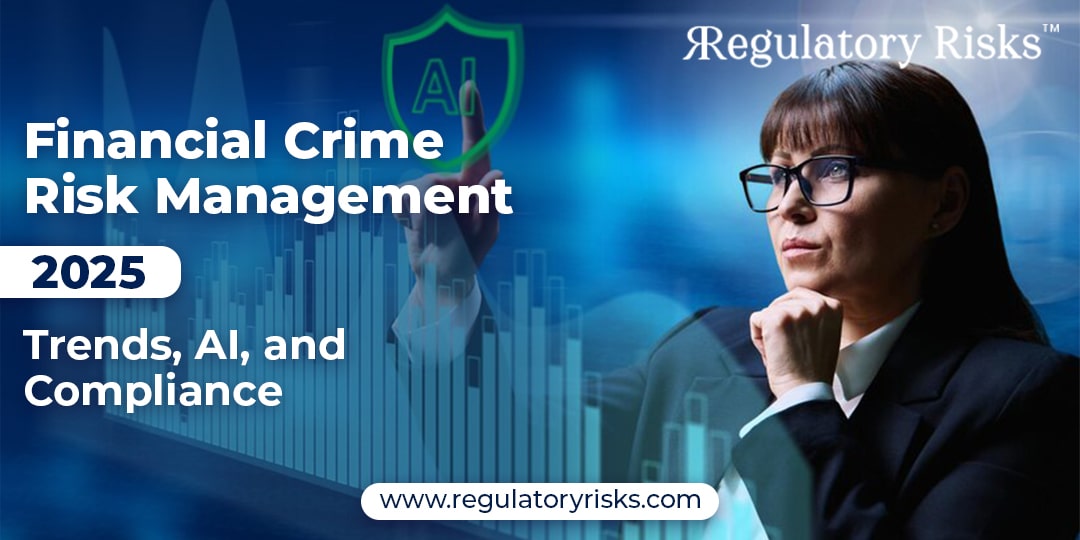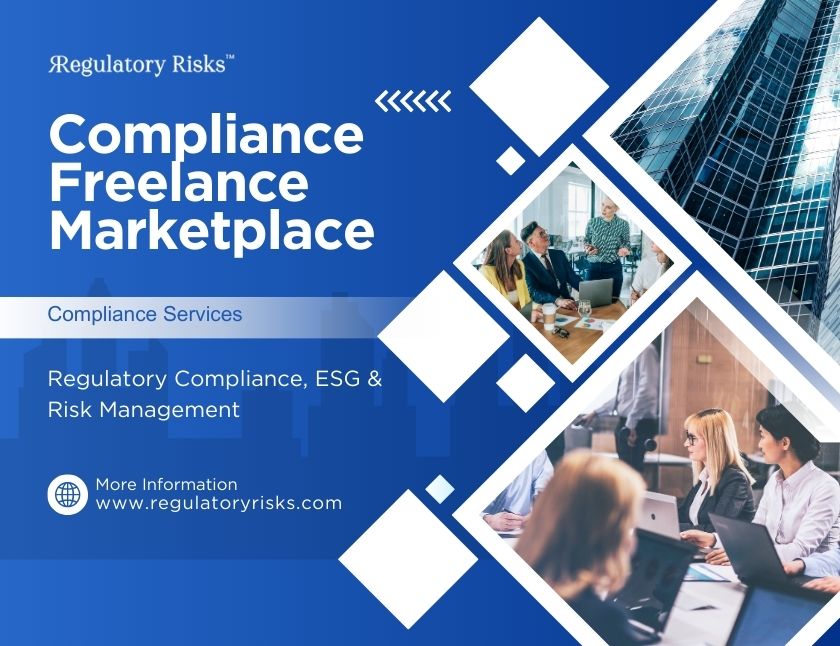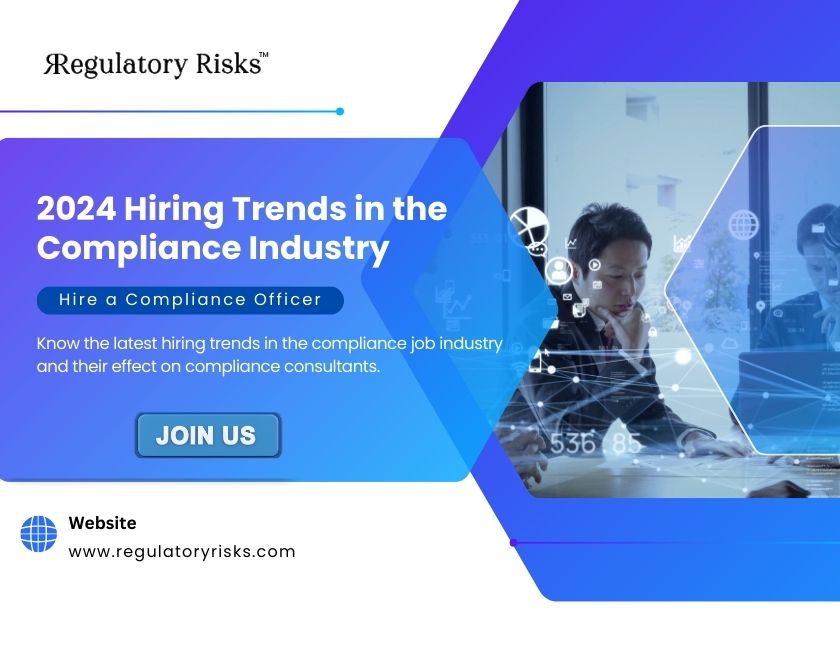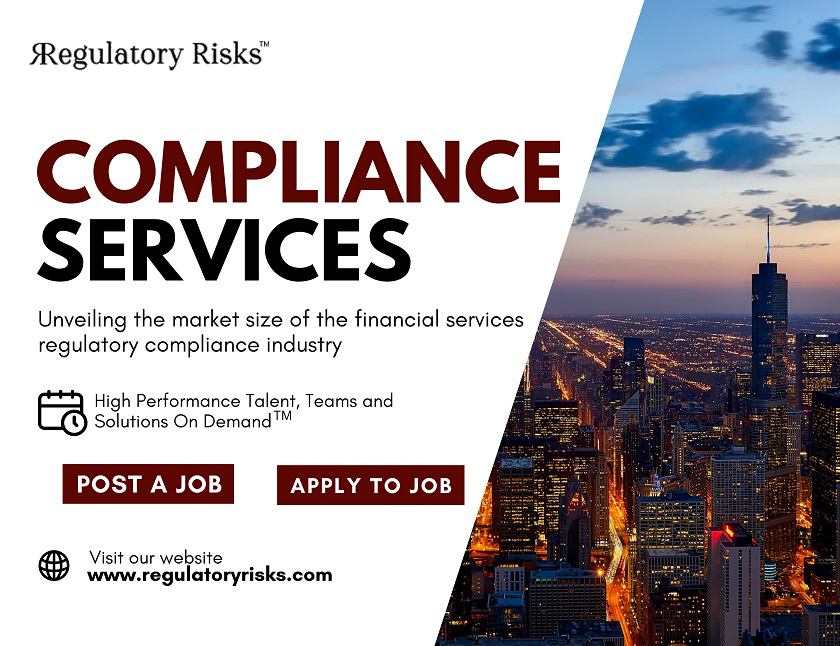In today's interconnected global economy, financial crime risk management has become a top priority for businesses, especially those operating in the financial services, crypto, and gaming sectors. As the regulatory environment evolves, companies must stay ahead by implementing advanced technologies and refining their risk management frameworks. This article explores the latest trends, regulatory enforcement actions, and how artificial intelligence (AI) is reshaping financial crime management and financial crime assessment for businesses worldwide.
The Importance of Financial Crime Risk Management
Safeguarding Business Reputation
Financial crimes, including money laundering and fraud, can severely harm a company's reputation. Effective financial crime risk management helps businesses mitigate these risks, ensuring compliance with global standards while maintaining the trust of stakeholders.
Meeting Regulatory Obligations
Regulatory bodies like the Financial Action Task Force (FATF) and the U.S. Financial Crimes Enforcement Network (FinCEN) enforce stringent compliance measures. Failure to comply can result in heavy fines and reputational damage, underscoring the need for robust financial crime management systems.
Trends Shaping Financial Crime Risk Management in 2025
Growing Focus on Digital Assets
The rise of cryptocurrencies and decentralized finance (DeFi) has introduced new challenges in financial crime assessment. Transactions in these ecosystems are often pseudonymous, making it easier for illicit actors to exploit gaps in traditional compliance frameworks. Regulators now demand more rigorous oversight of digital assets.
Integration of AI Technologies
AI is revolutionizing financial crime risk management by enhancing transaction monitoring and risk profiling. AI-powered tools can analyze vast datasets to identify suspicious patterns, reducing false positives and improving detection accuracy.
Cross-Border Compliance Challenges
Global businesses must navigate a complex web of international regulations. Effective financial crime management strategies now require tailored approaches that address region-specific compliance demands while ensuring global operational efficiency.
Key Enforcement Actions and Lessons Learned
High-Profile Cases
Recent enforcement actions highlight the consequences of non-compliance. For example, major financial institutions have faced multi-million-dollar fines for failing to implement adequate Anti-Money Laundering (AML) measures. Crypto exchanges, too, have been penalized for insufficient Know Your Customer (KYC) processes.
Sector-Wide Impacts
Regulatory actions in one sector often influence others. For instance, heightened scrutiny in crypto and asset management has prompted casinos and gaming operators to strengthen their financial crime risk management systems.
The Role of AI in Financial Crime Risk Management
Real-Time Transaction Monitoring
AI systems excel at identifying anomalies in transaction patterns, enabling businesses to detect potential risks faster. This capability is particularly valuable in high-risk sectors like asset management and digital assets.
Enhanced Customer Risk Profiling
Machine learning models can continuously evaluate customer behaviors, adapting risk assessments based on real-time data. This dynamic approach ensures that businesses stay ahead of emerging threats.
Automating Regulatory Compliance
Natural Language Processing (NLP) tools help businesses stay updated on regulatory changes. By automating the analysis of compliance requirements, organizations can quickly adapt their financial crime management strategies.
Building a Resilient Framework
Governance and Accountability
Strong governance structures are critical to effective financial crime risk management. This includes clear roles and responsibilities, escalation protocols, and regular audits to ensure compliance.
Continuous Training
Training employees on the latest compliance practices ensures that they can effectively identify and respond to potential financial crimes. Regular updates on regulatory changes are essential for maintaining a knowledgeable workforce.
Leveraging Freelance Expertise
Freelance marketplaces offer access to specialized professionals who can enhance a company’s compliance capabilities. These experts bring valuable insights into financial crime assessment and regulatory adherence.
Challenges in Financial Crime Risk Management
Resource Constraints
Small to medium-sized businesses (SMBs) often struggle with limited resources, making it difficult to implement comprehensive financial crime management systems.
Keeping Pace with Technology
As criminals adopt sophisticated techniques, businesses must continuously update their tools and strategies to stay ahead. This requires significant investment in technology and expertise.
Balancing Efficiency and Compliance
Overly stringent compliance measures can hinder business operations. Companies must find a balance that ensures compliance without compromising efficiency.
Opportunities for Improvement
Collaboration with Regulators
Engaging with regulatory bodies can help businesses understand expectations and adapt their strategies accordingly. This proactive approach fosters better compliance outcomes.
Adoption of Advanced Analytics
Advanced analytics tools can enhance financial crime assessment, providing deeper insights into potential risks and enabling more targeted interventions.
Global Standardization
Harmonizing compliance standards across jurisdictions simplifies cross-border operations and reduces regulatory burdens for businesses.
Conclusion
As financial crimes evolve, businesses must prioritize robust financial crime risk management frameworks to safeguard their operations and reputation. The integration of AI technologies and advanced analytics is transforming financial crime management, making it more effective and efficient. By staying ahead of regulatory requirements and leveraging specialized expertise, companies can navigate the complexities of compliance and build resilient strategies for the future.
In 2025 and beyond, proactive and innovative approaches to financial crime risk management will be essential for businesses to thrive in an increasingly complex global landscape.




